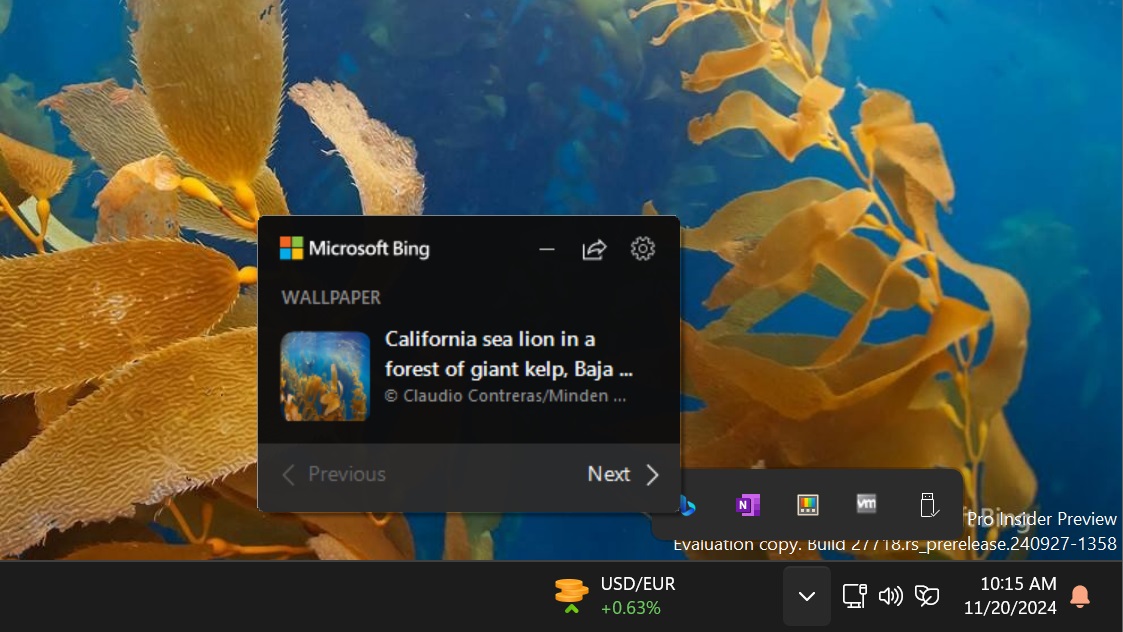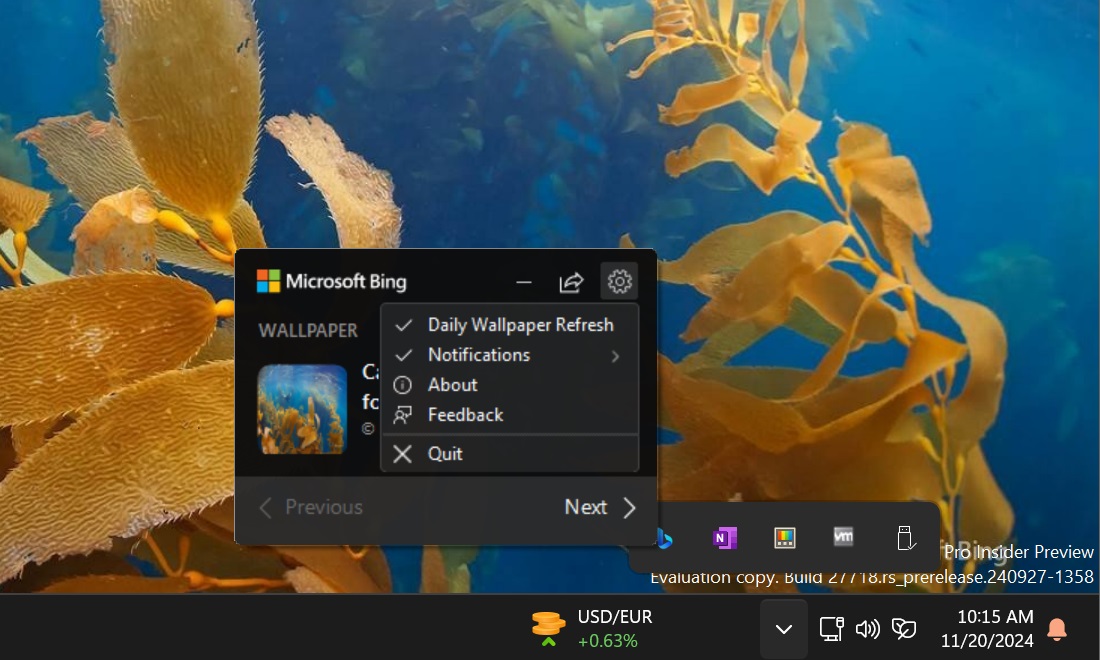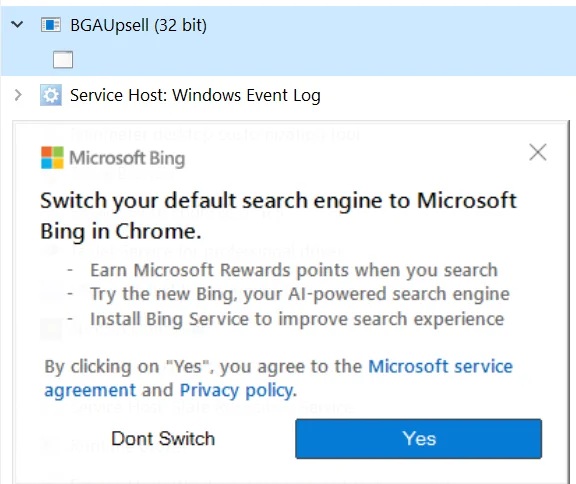What to know
- Microsoft’s Bing Wallpaper app has launched on the Microsoft Store with concerning privacy and tracking features.
- The app includes built-in tracking capabilities that can access and decrypt browser cookies from Edge, Chrome, and Firefox.
- Security experts warn about the app’s aggressive promotion of Microsoft products and its intrusive behavior in monitoring user activities.
Microsoft has released its Bing Wallpaper app on the Microsoft Store, making it available for Windows 10 and 11 users. While the app offers beautiful daily wallpapers from Bing’s homepage, security experts have uncovered privacy issues lurking beneath its surface.

When you install the app, it immediately creates a presence in your system tray, operating quietly in the background. The interface appears dated, lacking modern Windows 11 design elements, and offers limited functionality – you can only view a few wallpaper options and adjust basic daily wallpaper settings through the system tray icon.

The app employs sophisticated technology, including AES-256 encryption for its settings and a unique code system to lock its files. It adds a registry entry at HKCU\Software\Microsoft\BingWallpaperApp\Switch, which allows users to terminate the app by writing “KILL” in the registry – an unusual feature for a simple wallpaper application.

Image via: Windows LatestPeople have discovered that the app automatically installs Bing Visual Search and contains code that can access and decrypt cookies from various browsers. This means the app can potentially track your browsing habits and collect sensitive personal information without your knowledge.
The app’s aggressive marketing tactics have also come under scrutiny. Users report frequent pop-ups and redirections promoting Microsoft Edge and the Bing search engine. The app persistently attempts to change default browser settings and install browser extensions, particularly targeting Chrome users with intrusive promotional messages.

While the app is free, unlike some competitors charging subscription fees, security experts suggest that the privacy trade-off might not be worth it. Some developers have even compared it to potentially unwanted software, advising users to exercise caution before installation.
Source: Microsoft | Via: Windows Latest






